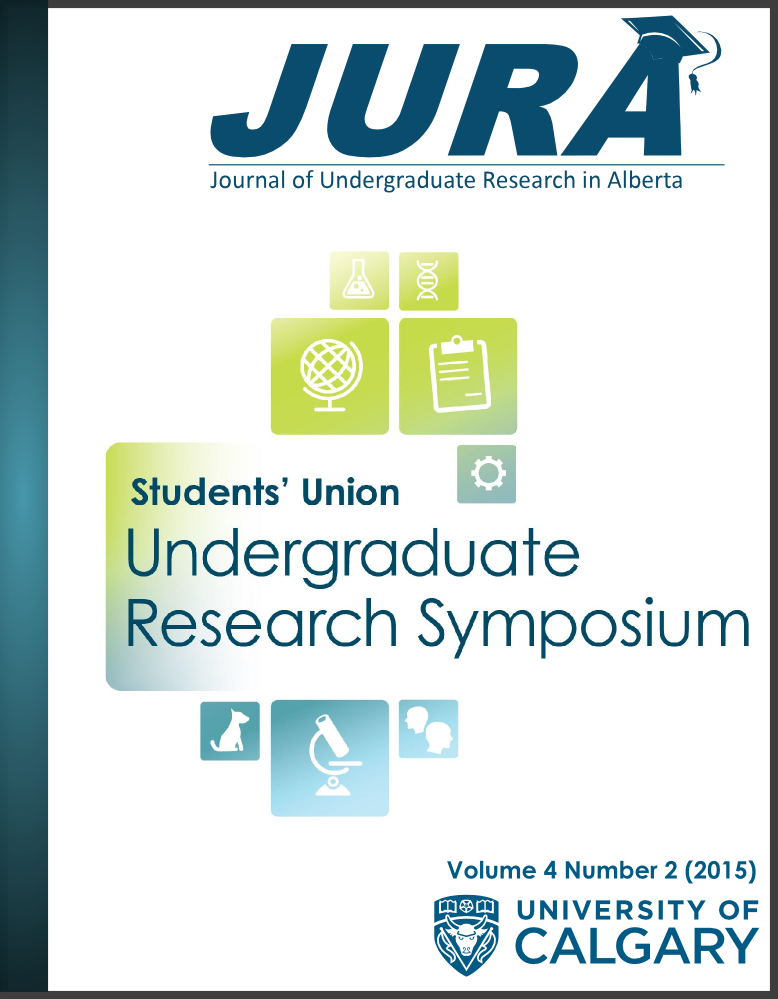Using Cognitive Interviewing to Develop an Online Survey of Parent Perspectives on Data Sharing
Abstract
Cognitive interviewing is a qualitative method to identify survey problems. This method can advance survey validity and reliability by incorporating participant perspectives during questionnaire development. Despite its utility, cognitive interviewing is rarely used in pediatric and perinatal epidemiology. This paper discusses the use and implications of cognitive interviewing in the development of an online survey of a complex, uncommon topic in the parenting population: parental perspectives on data sharing with secondary researchers via repositories. Participants were recruited randomly from two Alberta birth cohorts. Participation entailed a one-on-one interview, where participants completed a draft online questionnaire and answered probing questions. The cognitive interviews yielded three major insights for survey improvement. First, the interviewer witnessed varied participant experiences with the survey: some participants enjoyed the process, while others struggled to point of frustration. Reframing the language and adding polar questions aimed to promote comprehension. Second, the topic’s complexity revealed the utility of “educational” questions, which may not provide new information, but would allow participants to think through issues. Third, “educational” questions and sufficiency of background information must be tempered to avoid the survey length being overly-burdensome to participants. By increasing comprehension and lessening frustration, researchers increase the accuracy of data collected from parents on a complex, uncommon topic.
References
de Leeuw E. Reducing Missing Data in Surveys: An Overview of Methods. Quality and Quantity. 2001; 35:147-160
Downloads
Published
Issue
Section
License
Authors retain all rights to their research work. Articles may be submitted to and accepted in other journals subsequent to publishing in JURA. Our only condition is that articles cannot be used in another undergraduate journal. Authors must be aware, however, that professional journals may refuse articles submitted or accepted elsewhere—JURA included.


